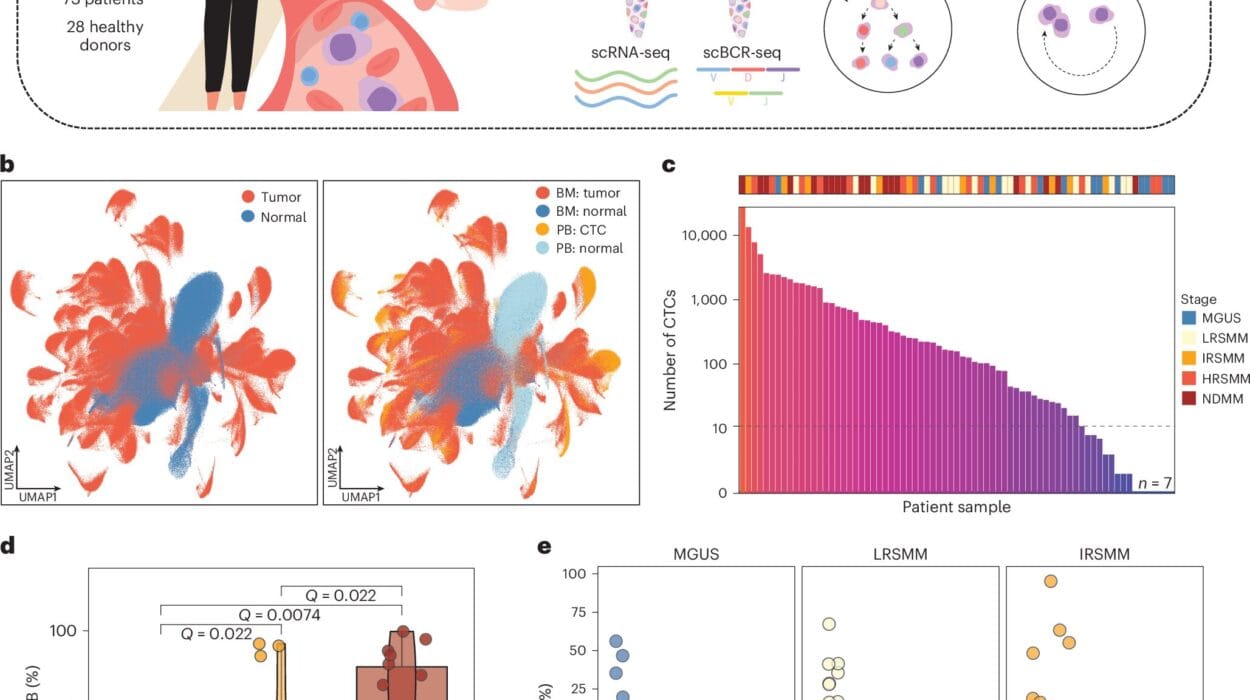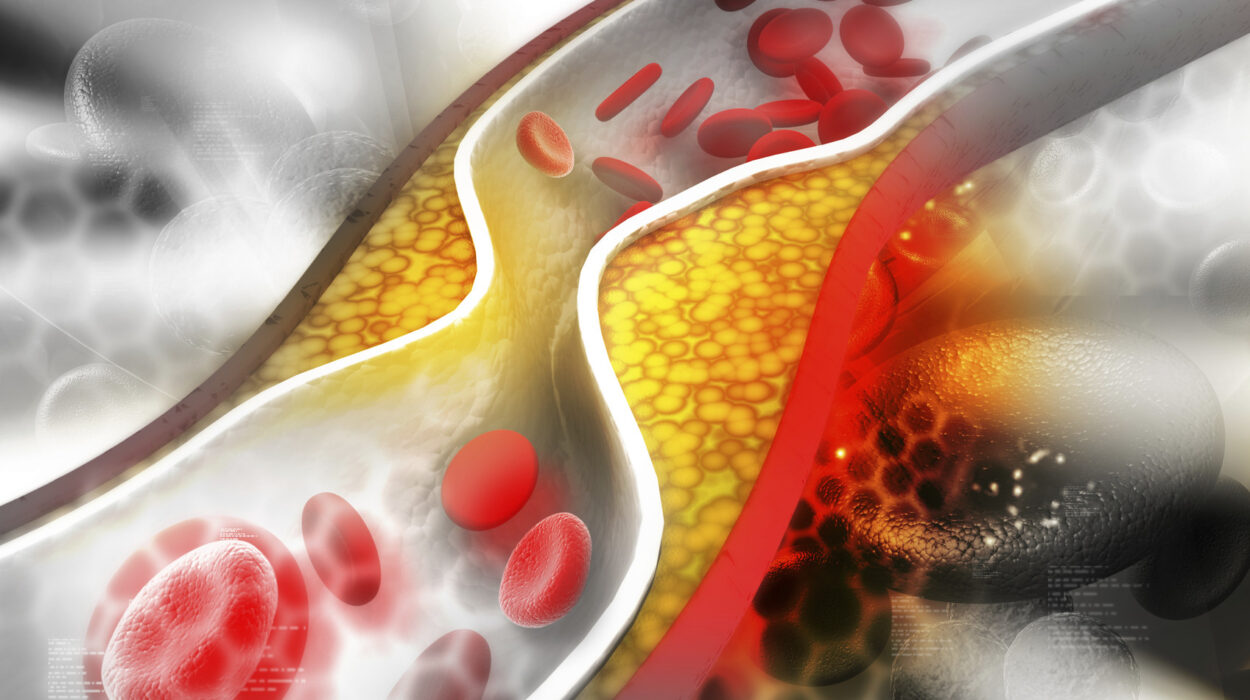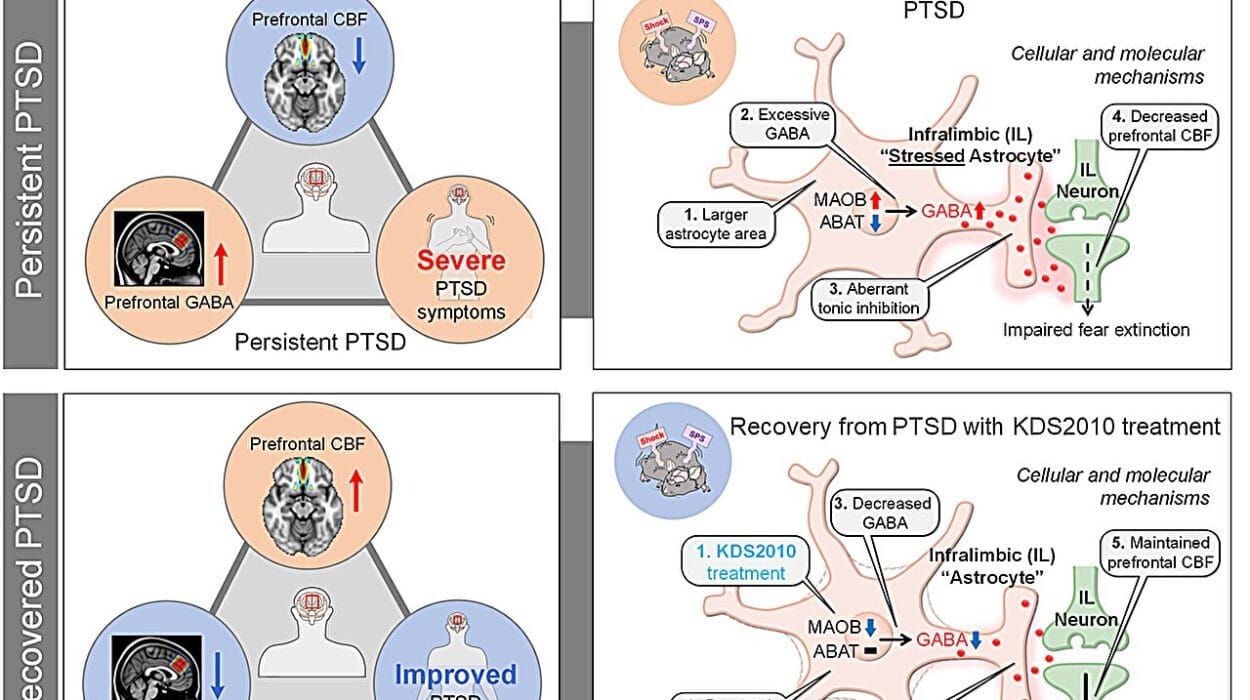In a world hungry for healthier choices, erythritol has emerged as a darling of the diet-conscious. It’s in your protein bars. It’s in your zero-calorie soda. It sweetens your favorite “guilt-free” desserts. Touted as a miracle sweetener—with nearly no calories and little impact on blood sugar—erythritol has won a loyal following among fitness enthusiasts, diabetics, and low-carb devotees alike.
But beneath the sweet surface, a darker story may be unfolding.
In a new study from the University of Colorado Boulder, scientists have found troubling evidence that erythritol, even in amounts found in a single diet drink, may impair the health of the cells that line the brain’s blood vessels. These endothelial cells are vital for regulating blood flow, preventing clots, and maintaining the brain’s delicate environment.
Their findings, published in the Journal of Applied Physiology, suggest that erythritol increases oxidative stress, disrupts essential nitric oxide signaling, boosts levels of vasoconstrictive compounds, and reduces the ability of blood vessels to dissolve clots. In short, it may be quietly damaging the very mechanisms that keep your brain’s blood supply healthy and stable.
The Sweet Molecule That Isn’t So Innocent
Erythritol belongs to a family of sugar alcohols used in food as low-calorie sweeteners. It is roughly 70% as sweet as table sugar, with only a fraction of the calories. Because the human body doesn’t fully metabolize it, erythritol passes largely undigested into the bloodstream and is excreted in urine—making it ideal for those managing blood glucose or cutting calories.
But recent large-scale studies in the U.S. and Europe have found that higher blood levels of erythritol correlate with increased rates of heart attack and stroke, even when accounting for traditional risk factors like age, cholesterol, and diabetes. That raised an uncomfortable question: could erythritol be doing more harm than we realize?
Until now, researchers lacked a biological explanation for why this link might exist. The new study begins to fill in the blanks.
A Close-Up Look at the Brain’s Gatekeepers
To investigate how erythritol might affect the brain’s vascular system, researchers designed a series of in vitro experiments using human cerebral microvascular endothelial cells—the type of cells that form the inner lining of blood vessels in the brain. These cells aren’t just structural—they’re part of the blood-brain barrier and play a critical role in keeping harmful substances out, regulating blood pressure, and preventing dangerous clots.
The scientists exposed these cells to erythritol in amounts equivalent to what a person might consume from a sugar-free drink. They then measured a wide array of cellular responses, from oxidative stress levels to blood vessel signaling molecules.
The results were stark.
Reactive oxygen species—chemical compounds associated with cellular damage—rose by about 75% in erythritol-exposed cells. In response, antioxidant enzymes like superoxide dismutase-1 and catalase also increased, suggesting the cells were mounting a stress defense. But this defense came at a cost.
Nitric oxide, a molecule essential for healthy blood vessel function, dropped by nearly 20%. While the overall production machinery—an enzyme called eNOS—remained the same, its activation plummeted. The enzyme’s activity is normally regulated by a delicate balance of phosphorylation signals. But erythritol tilted that balance: it suppressed a stimulatory modification (Ser1177) by about 33%, while ramping up an inhibitory one (Thr495) by nearly 40%.
“This could significantly impair the vessel’s ability to dilate and respond to changing demands in blood flow,” the researchers noted. In the brain, where even minor blood flow issues can have major consequences, that’s a serious concern.
A Blunted Defense Against Clots
The researchers also tested how the endothelial cells handled clot-related challenges. They simulated the presence of thrombin, a protein involved in blood clotting, and measured how much tissue plasminogen activator (t-PA)—a clot-dissolving enzyme—the cells released.
In erythritol-treated cells, the response was weakened. The amount of t-PA released was significantly lower, suggesting that erythritol-exposed cells might be less able to counteract dangerous clots that form in blood vessels. That, too, aligns with prior population studies showing a link between erythritol and stroke risk.
Together, these effects paint a troubling picture of how even modest erythritol exposure could undermine the health of cerebral blood vessels.
Why This Matters Now
While the study was limited to laboratory cell cultures, the results add a crucial piece to a growing puzzle. They provide a potential biological mechanism that could explain why people with higher erythritol levels in their blood appear to be at higher risk for cardiovascular and cerebrovascular events.
“This doesn’t prove causation in living humans,” the authors caution. “But it raises important questions that need urgent investigation.”
That urgency is especially warranted given how widespread erythritol consumption has become. It’s found in everything from keto snack bars and low-carb muffins to chewing gum and salad dressings. For people with diabetes, it has been marketed as a safe alternative to sugar—one that won’t spike insulin or cause tooth decay. But if it quietly damages blood vessels, particularly in the brain, that trade-off becomes dangerously lopsided.
The body also produces some erythritol naturally through the metabolism of sugars like glucose and fructose. This means that both dietary intake and internal metabolic states could influence exposure levels, and further complicate the picture.
What Comes Next?
The researchers behind the study emphasize that more work is needed—particularly long-term animal studies and clinical trials in humans—to fully understand erythritol’s impact on vascular health. They urge caution, not panic, and hope their findings will guide smarter dietary research and policy in the future.
“We need to stop assuming that just because something is calorie-free and doesn’t raise blood sugar, it’s automatically healthy,” said one of the researchers. “Our cells may be responding to these compounds in ways we’re only beginning to understand.”
As the health food industry continues to boom, and more consumers swap sugar for synthetic or naturally-derived substitutes, science is racing to keep up. This study is a reminder that in the quest for “guilt-free” indulgence, we must be careful not to sacrifice unseen forms of health.
Sweet doesn’t always mean safe.
Reference: Auburn R. Berry et al, The Non-Nutritive Sweetner Erythritol Adversely Affects Brain Microvascular Endothelial Cell Function, Journal of Applied Physiology (2025). DOI: 10.1152/japplphysiol.00276.2025






